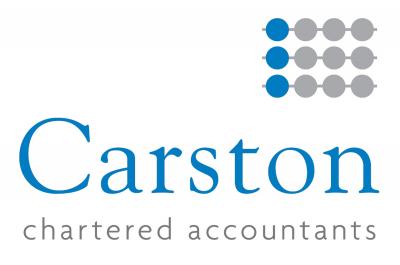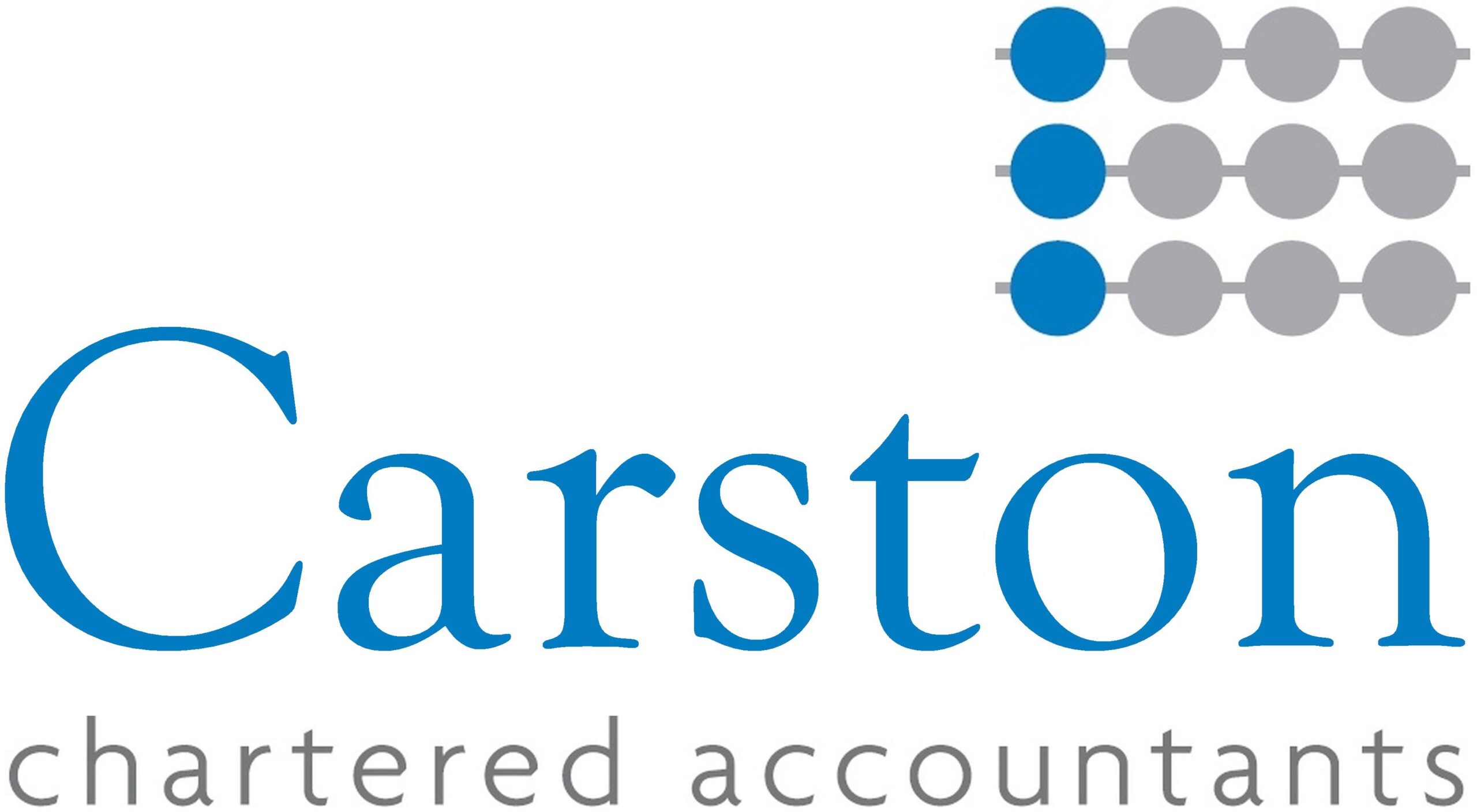Buying new equipment for your business involves a lot of shopping around and financial planning.
Unfortunately, these purchases can be very costly, especially when it is for a last-minute emergency replacement. But you don’t always have to buy something outright.
If asset finance has never crossed your mind, here’s why you should consider it for larger business purchases.
What is asset financing?
Asset financing is a form of business funding that allows you to get the equipment, either through leasing or purchasing, and spread the cost over a set payment plan.
You can find a payment plan for most things your business needs, including cars and computer equipment. Also, there are multiple forms of asset financing to choose from.
Types of asset financing
Before entering into any financing deal, you’ll want to find the best type of scheme for your business. Maybe you want to pay a smaller deposit or opt for lower monthly payments? Either way, there’s a form of asset financing to suit you. Here are three of the most popular examples.
Hire purchasing
If you need a new bit of equipment as soon as possible with the aim of keeping it, hire purchasing may be your best option.
You’ll apply with the finance provider and set up monthly payment instalments. The asset will be on your balance sheet, but you won’t personally own it until you settle the payment plan. At this time, you’ll be responsible for keeping the equipment in the best condition possible. Also, you won’t be able to sell the item until your contract is complete.
Business contract payments
Also known as asset financing with balloon payments, this scheme allows you to pay lower monthly instalments that only cover the interest costs of the item. The final payment is significantly larger and clears the loan. Overall, this is a more expensive way to finance a new asset.
Finance leases
Leasing a business asset means the finance provider will purchase the item and rent it out to you for a monthly fee, plus interest. At this time you’re responsible for the upkeep of the equipment and any insurance.
Once you pay off the balance, you can choose to:
- carry on renting the asset
- sell it on behalf of the financer
- return it.
Understanding your business’s cash flow is a must before entering into any deal. Our corporate finance services can help you gain a clearer picture of your capital and the affordability of these plans.
Pros and cons of asset finance
As with any type of business financing, there are advantages and disadvantages to consider.
Pros
- smaller or no upfront costs
- quicker access to the equipment you need
- manageable monthly repayments
- easier to control cashflow
- more accessible than a business loan.
Cons
- you may end up not owning the asset
- you’re responsible for maintenance and liable for damages
- the provider can repossess the item if you fail to make payments
- falling behind on your payment plan could damage your credit score.
Finding the right finance deal
If you need a new piece of equipment for your business but cannot afford a large upfront payment, asset financing could be the answer.
Before entering into a contract with a finance provider, it’s best to seek professional advice from your accountant. As with anything, you want to make sure that any finance plans don’t poorly affect your cash flow and that you’re getting the best deal possible.
Get in touch to discuss our corporate finance services.

